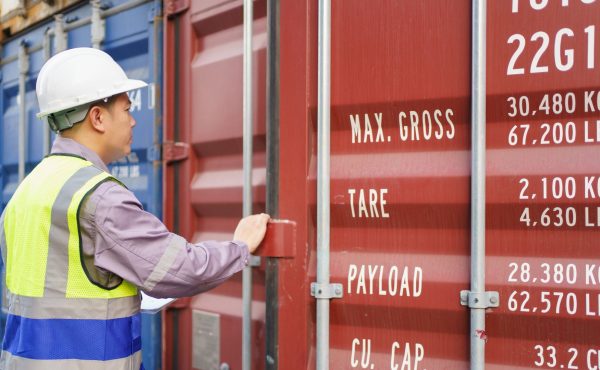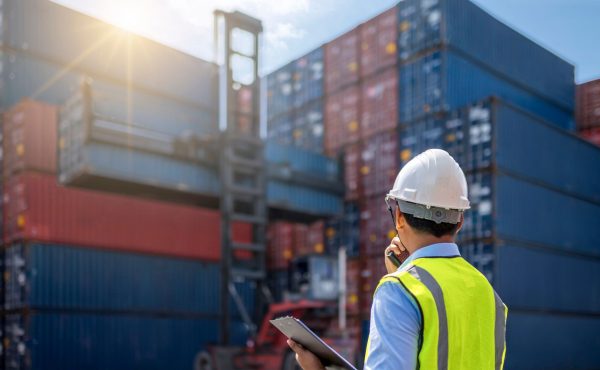Sanitary documentation for pharmaceuticals: all you need to know
Pharmaceutical logistics ensures that medicines reach healthcare facilities and points of sale in optimal conditions. This process involves managing the storage, distribution and transportation of medicines and vaccines, ensuring that proper temperature, humidity and safety conditions are maintained.
The complexity of the pharmaceutical sector is increased by the need to comply with national and international regulations. Pricing pressure, patent expiration and country-specific regulations require careful supply chain planning. In order to reduce risks, it is essential to maintain a rigorous sanitary documentation system that guarantees aspects such as transparency and traceability. To do this, it is important to have the following types of documentation:
- Certificate of Good Distribution Practices (GDP): guarantees that the distribution of medicines is conducted in accordance with the safety, storage and transportation standards established by the regulatory authorities. It is mandatory for logistics companies working with the pharmaceutical sector and ensures the quality and traceability of products throughout the supply chain.
- Certificate of Analysis (CoA): a document issued by the manufacturer certifying that a batch of medicines has been analyzed and meets the required quality specifications. It contains information on the composition, purity and potency of the product, allowing distributors and health authorities to verify its authenticity.
- Document of conditions of each pharmaceutical product: specifies how the pharmaceutical products must be transported, including temperature, humidity and protection against light. This document is essential for GDP compliance.
- Certificates of Export-Free Sale (CERTPS-CLV): these are required to export pharmaceutical products to some non-EU countries.
- Traceability and monitoring record: allows detailed tracking of the medicine on its journey from its manufacture to its final delivery. This registry is key to detecting possible irregularities and to responding quickly to health alerts or product recalls.

A company specializing in pharmaceutical logistics to avoid customs delays
It is important to bear in mind that exports and imports of medicines and their active ingredients must comply with the provisions of Royal Legislative Decree 1/2015, of July 24. In addition, if we export medication to the United States, we must be aware of the guidelines and documentation required by the FDA.
When it comes to importing and exporting pharmaceutical products, it is essential to know the specific regulations of each country or supranational region. Each territory has its own requirements for sanitary approvals, labeling, and quality validation. Therefore, clear and up-to-date documentation is essential to avoid delays at customs or confiscation of goods.
At Logisber, we specialize in pharmaceutical logistics and offer comprehensive solutions to ensure compliance with all health regulations. Our team advises on document management and supply chain optimization, ensuring that medicines reach their destination efficiently and safely. Contact Logisber now to get personalized advice and optimize logistics operations in the pharmaceutical sector.
Categorías
Compartir









